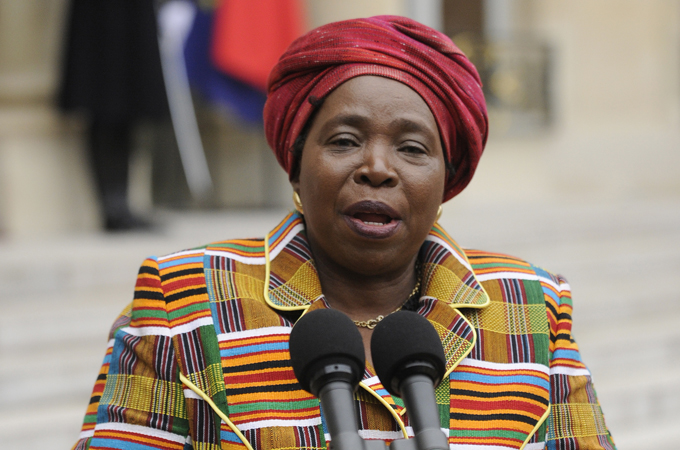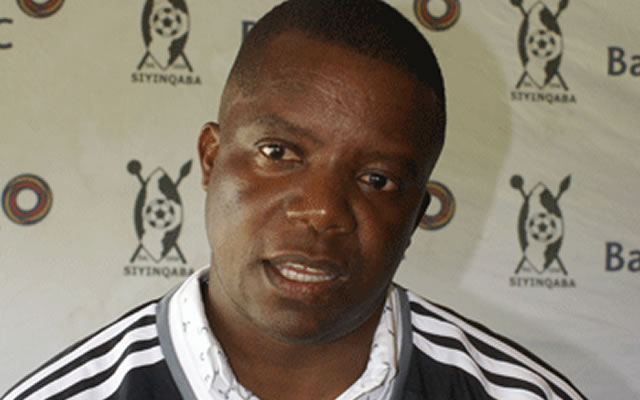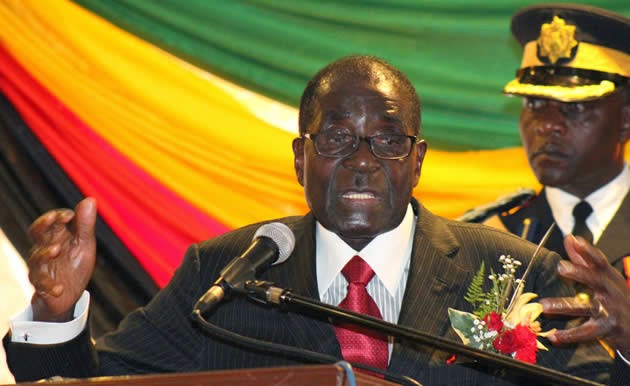Boko Haram a clear danger, Zuma

Addis Ababa – Nigeria’s Boko Haram militants are a threat beyond Nigeria’s borders and the crisis requires a “collective, effective and decisive response” by African nations, the African Union’s Commission chief said yesterday.“Terrorism, in particular the brutality of Boko Haram against our people, are a threat to our collective safety, security and development.
“This has now spread to the region beyond Nigeria and requires a collective, effective and decisive response,” AU commission chair Nkosazana Dlamini-Zuma said in a speech opening a two-day summit of African leaders in Addis Ababa.
The UN Secretary-General Ban Ki-moon, also addressing leaders from the 54-member bloc, said Boko Haram was “a clear danger to national, regional and international peace and security”.
“This group continues to kill Christians and Muslims, kidnap women and children, and destroy churches and mosques. We will never forget the girls and boys kidnapped from Chibok last April, I will never stop calling for their immediate and unconditional release,” he said.
The African Union’s Peace and Security Council called early yesterday for the setting up of a regional five-nation force of 7,500 troops to fight the militants.
Meanwhile, Defence Minister Nosiviwe Mapisa-Nqakula says the “mercenaries” from South Africa helping to train Nigerian soldiers to fight Boko Haram should be arrested on their return.
Briefing journalists on the sidelines of the African Union summit in Addis Ababa on Wednesday, Mapisa-Nqakula said: “The police have a responsibility to ensure that, when they come back, those people are arrested and the National Prosecutions Authority has a responsibility to charge them.
“There are consequences for going out of the country and provide any form of military assistance as a mercenary, not as part of the deployment by government,” she said.
Mapisa-Nqakula said law enforcement officials should take care to gather enough information to prosecute these “mercenaries” in order to make an example of them.
“It should be that you’re doing it so that you can secure a conviction so that it sends a message to all of the South Africans who are going around as mercenaries,” she said.
Mapisa-Nqakula said in the case of the South African security company Executive Outcomes deploying its private soldiers to conflict zones outside of South Africa, the prosecuting authority didn’t have enough information to secure a conviction.
That should not happen again, she said.
Beeld newspaper on Monday reported that a team of about 100 soldiers have gone to Nigeria – at that government’s request – to help train soldiers to hit back at the terrorist group which has claimed responsibility for attacks in which thousands of people have died over the past few years.
A member of the South African team said they weren’t mercenaries, but helped with training to skill Nigerian soldiers.
The first goal would be to stop the terrorists’ bloody raids, and also to free the remainder of the 200 Chibok girls that were kidnapped by Boko Haram last year.
International Relations and Co-operation Minister Maite Nkoana-Mashabane on Tuesday expressed her “dismay” about South African ex-soldiers who have been contracted as experts to help the Nigerian army fight Boko Haram.
“We always discourage South Africans to enter the fray in a situation like that,” she told journalists on Tuesday in Addis Ababa, ahead of the African Union summit there.
Mapisa-Nqakula said no members of the South African National Defence Force had been deployed in Nigeria, and they had also not received any requests from the Nigerians for help or for weapons.
She said she didn’t want to refer to those involved in helping the Nigerian army as ex-soldiers.
“I want to refer to them as mercenaries. They are mercenaries whether they are training, skilling the Nigerian defence force, or scouting for them. The point is they have no business to be there,” she said.
It is a crime under South Africa’s Foreign Military Assistance Act to get involved in conflicts in other countries outside of official South African government efforts. Mapisa-Nqakula said when private security officers from South Africa got into trouble in Iraq, it fell on the South African government to go and help them. “But in fact they had no mandate from government,” she said.
Mapisa-Nqakula said she did not know whether South Africa had engaged with Nigeria about the issue on a diplomatic level. – AFP










Comments